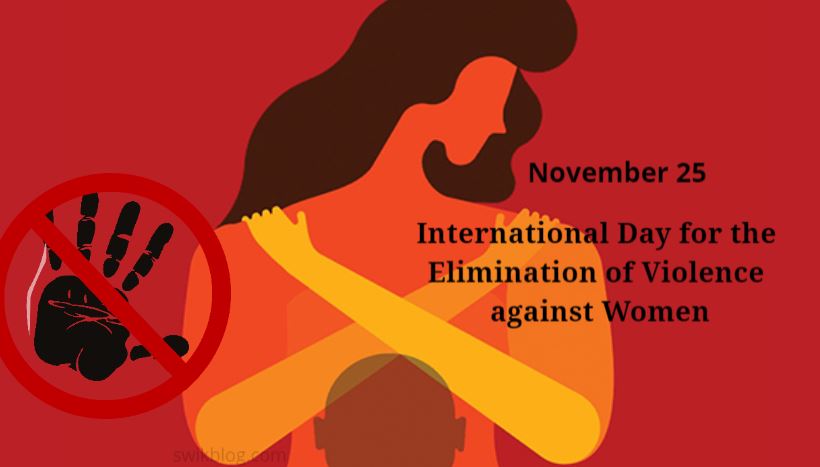Every year 25th of November is observed as International Day for the Elimination of Violence against Women with an aim to raise awareness that women around the world are subjected to abuse, domestic violence, and other violence; and the purpose of the day is, in fact, to highlight the fact that the size and truthfulness of the problem is often concealed. The date marks the Dominican Republic’s three Mirabal sisters’ violent assassination in 1960.
One of the most common abuses of human rights is violence against women and girls. In 2013, 35% of women in the world experienced either physical and sexual harassment, according to a global WHO survey. Some national statistics indicate, however that up to 70% of women have witnessed physical and/or sexual abuse from an intimate partner in their lifetime.
In 2020, almost in every way the COVID-19 touched our lives. Reports of all types of violence against women and girls, especially domestic violence, began to increase as isolation began. Everyone has to do something to end violence against women.
Theme of International Day for the Elimination of Violence against Women 2021
This year the theme for the International Day for the Elimination of Violence against Women 2021 is “Orange the world: End violence against women now!”
During the COVID-19 pandemic, the number of women and girls who are victims of domestic violence has risen dramatically around the world. Lockdowns in many countries hampered the ability of victims of violence and perpetrators to access services and justice.
Violence against women and girls (VAWG) is one of the most severe, persistently and crippling abuses of human rights in the world today and still remains widely unreported because of its impunity, silence, stigma and shame.
Overall, it manifests in physical, sexual and psychological ways, including:
- Intimate partner violence (battery, marital rape, psychological abuse, femicide);
- Sexual violence and harassment (rape, sexual assault, child sexual abuse, forced marriage, street harassment, stalking, cyber harassment);
- trafficking of human beings (slavery, sexual abuse);
- The genital mutilation of females; and
- Child’s marriage
Swikriti Dandotia












